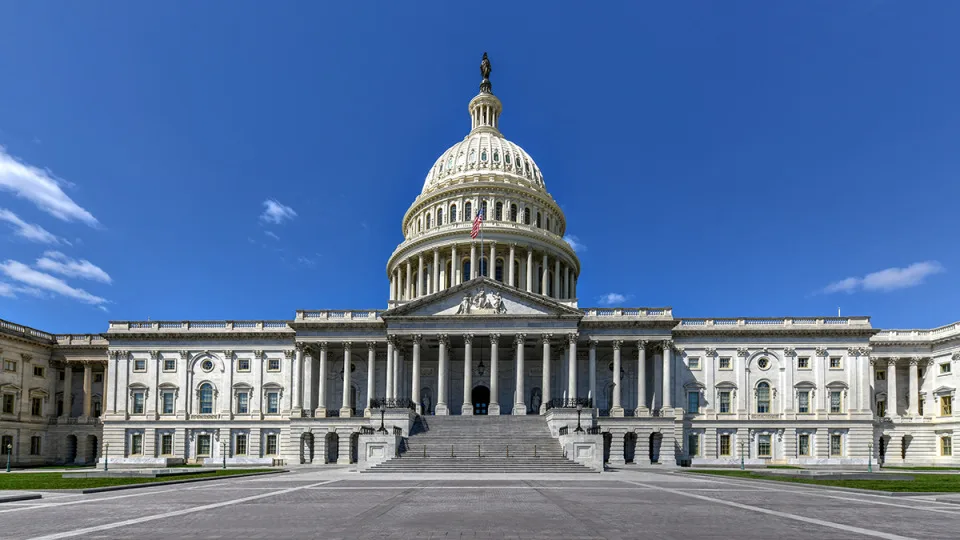
Overview
The October 1 shutdown leaves Medicare and Medicaid checks intact but halts new FDA filings, NIH grants, and key Medicare programs, potentially creating delays and funding gaps that could hit healthcare startups.
The government shutdown that began October 1 has frozen much of Washington’s healthcare machinery. While Medicare and Medicaid payments will keep flowing, many of the programs and processes that startups rely on, from FDA reviews to NIH grants and CMS certifications, are slowing or stopping. For life science companies, the shutdown adds risk and uncertainty to an industry already navigating a tough financial environment.
Here are the 10 ways the current shutdown could affect your startup:
1. The FDA isn’t accepting new drug or device applications
The U.S. Food and Drug Administration (FDA) will continue reviewing applications already filed and supported by existing user fees, but it can’t accept new applications that require a fee payment until funding resumes, according to the agency. For companies preparing to file investigational new drug (IND) applications, new drug applications (NDAs), or device submissions, this means a hard stop.
2. NIH and NCI are pausing new trials and grant reviews
The National Institutes of Health (NIH) and The National Cancer Institute (NCI) will keep treating patients already enrolled in clinical trials, but they will not admit new participants or process new grant applications, according to the American Society of Clinical Oncology (ASCO). Most federally funded research is paused.
3. Federal research dollars are frozen
Even outside of NIH, new research awards across the Department of Health and Human Services (DHHS) aren’t moving forward until funding is restored. That includes money for health centers, training programs, and diabetes initiatives.
4. Medicare reviews and certifications are slowing down
Several key Medicare and public health provisions expired on September 30 when Congress failed to pass a new budget. The agency has suspended or reduced facility inspections, new certifications, and most policy announcements during the shutdown. If your startup is expanding into a new facility or needs federal approval to launch, plan for delays.
5. Hospital-at-home authority has expired
The program that let hospitals treat certain patients in their homes ended on September 30. Hospitals must now either bring those patients back inside or discharge them. Startups that built services around home-based hospital care face immediate disruption.
6. Telehealth flexibilities have ended
Medicare’s pandemic-era telehealth rules have expired. Patients can no longer receive most visits from home, and audio-only visits are not covered. While this mostly affects virtual care platforms, it adds to the uncertainty of how startups can reach patients. (For more, read about why telehealth is in turmoil.)
7. Safety-net hospitals are losing funds
Cuts to Medicaid “disproportionate share hospital” payments, worth $8 billion, are going into effect. These hospitals often partner with companies to pilot new technology, but with shrinking budgets they may be less able to do so.
8. Rulemaking is on pause
Federal agencies are only publishing rules tied to urgent safety needs. That means new payment models, coding changes, or FDA guidance documents will be delayed.
9. Agencies are running with fewer staff
HHS has furloughed about 40 percent of its workers. That means slower responses to questions, fewer staff reviewing applications, and longer wait times even once the shutdown ends.
10. Medicare claims processing continues with caution
Medicare payments will keep flowing, but with extra precautions. While doctors and hospitals can continue submitting Medicare claims, CMS has instructed its contractors to hold claims for 10 business days before processing them, according to ASCO. This holding period is meant to avoid having to reprocess claims if Congress restores programs retroactively. Once the 10-day hold expires, contractors can begin processing and paying claims as usual.
What founders can do:
Reschedule filings. Hold off on new FDA submissions until funding is back, but keep preparing so you can file quickly.
Plan for cash delays. Add a buffer for Medicare payment lags and confirm budgets with safety-net partners.
Expect slower responses. Build in extra time for government feedback and approvals.
Bridge your funding. If you rely on NIH grants, plan for a delay in awards or payments.








